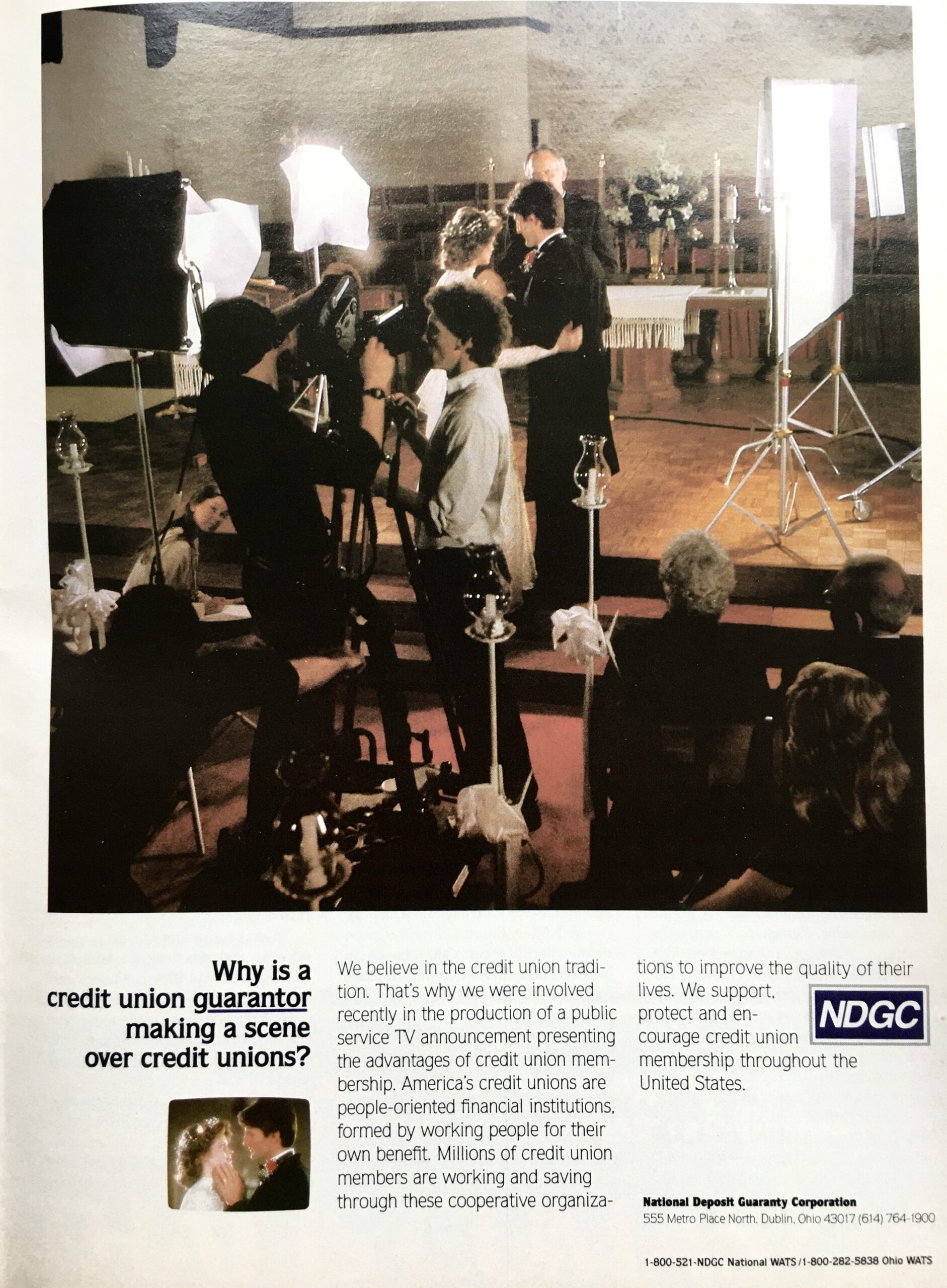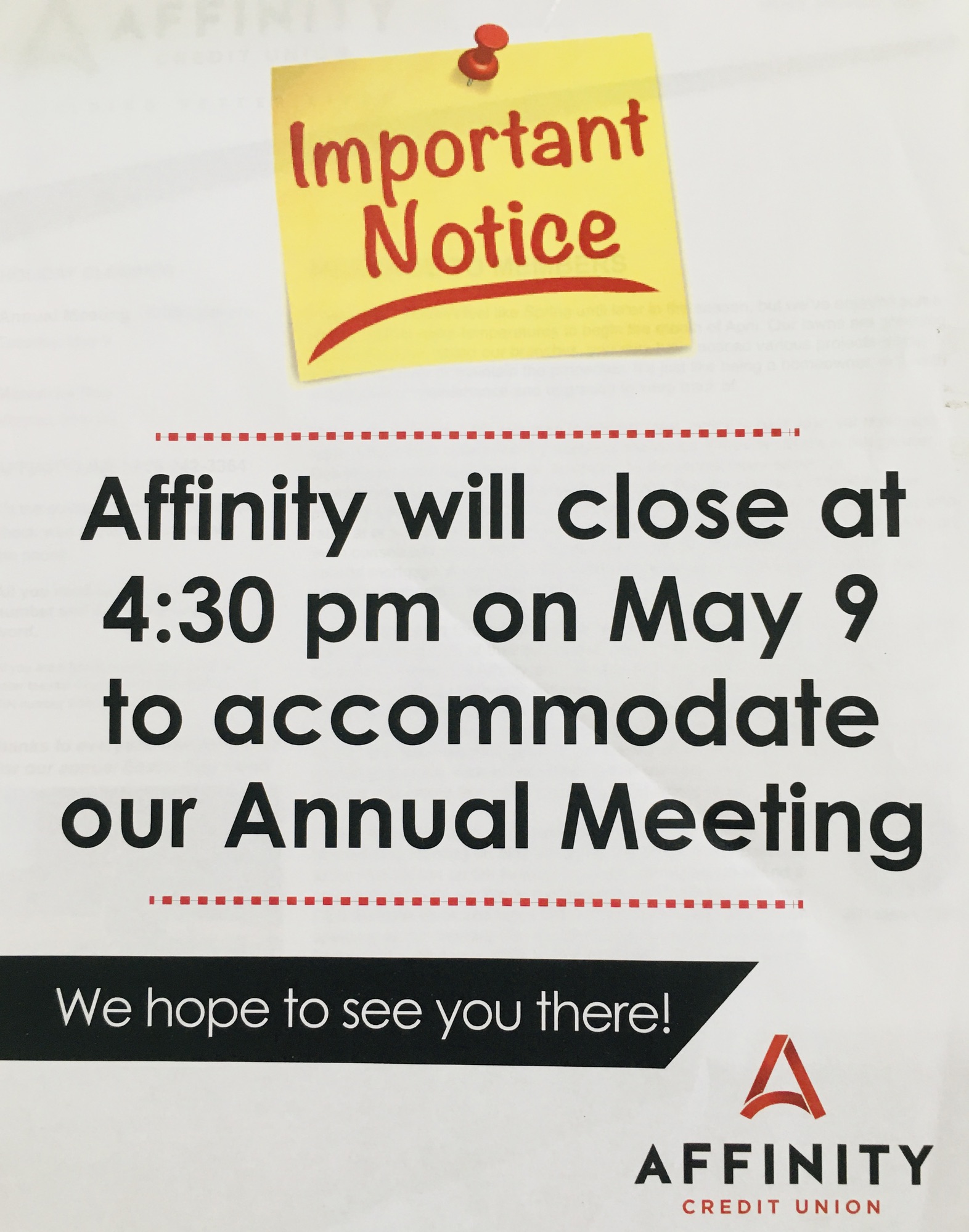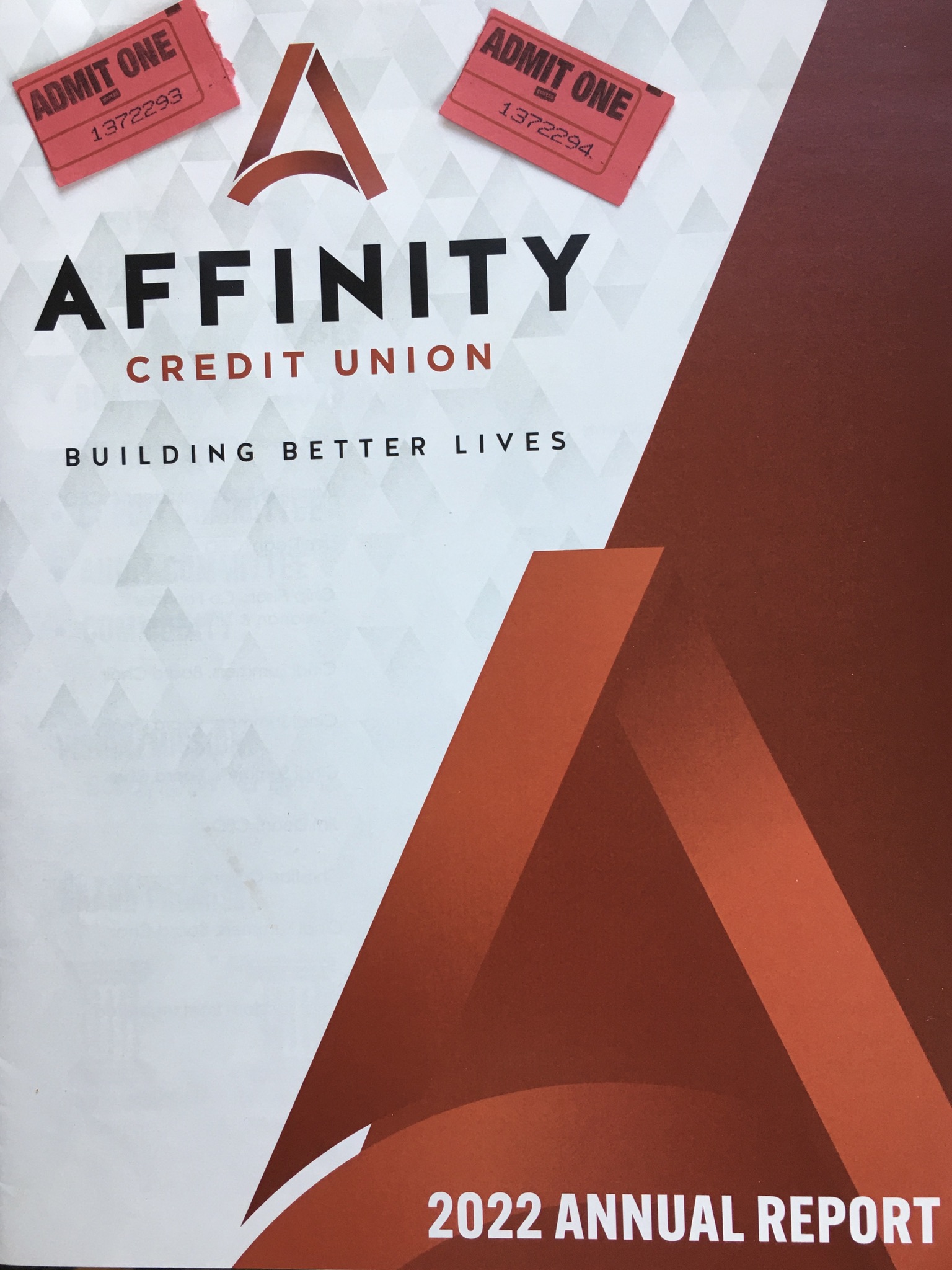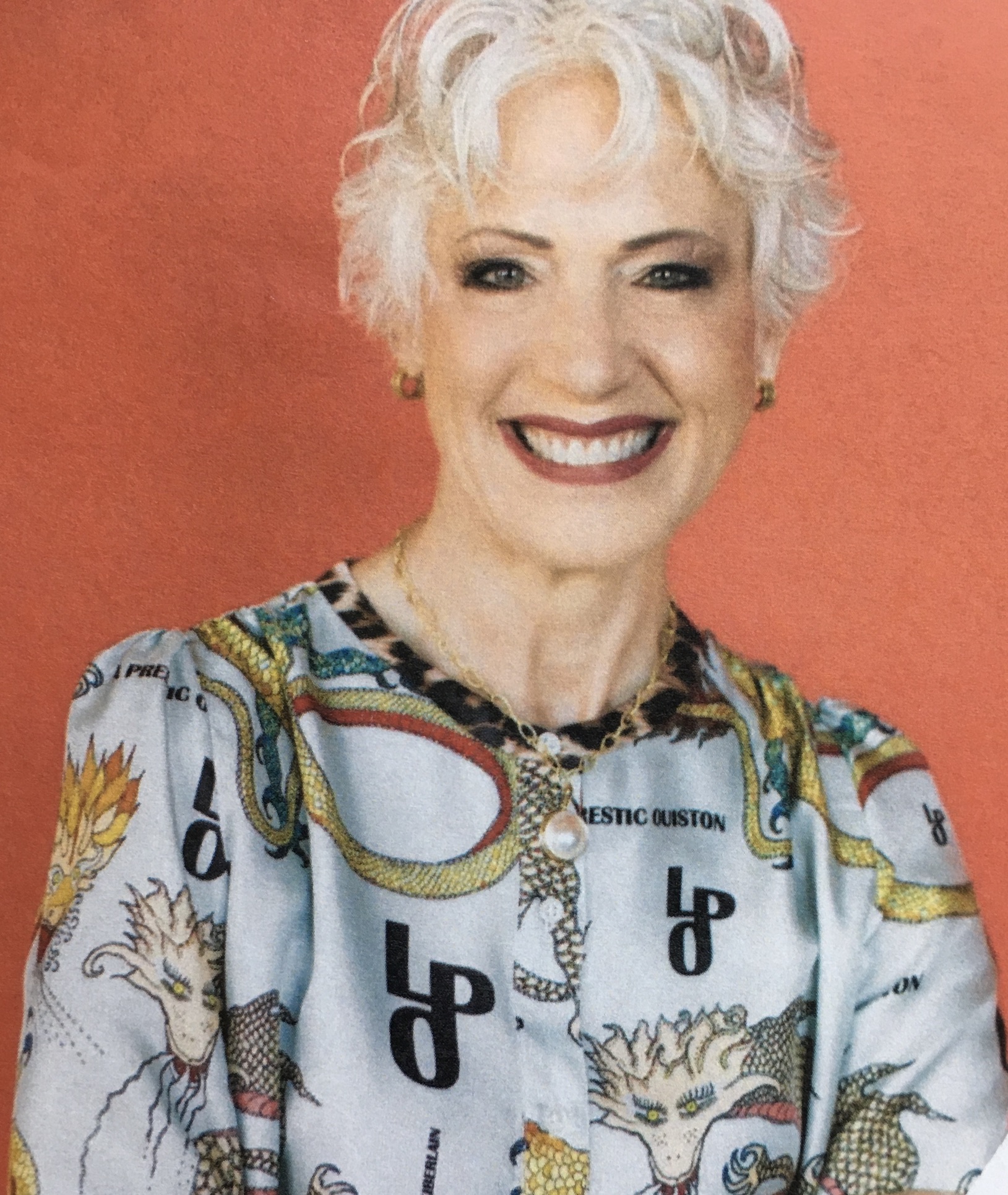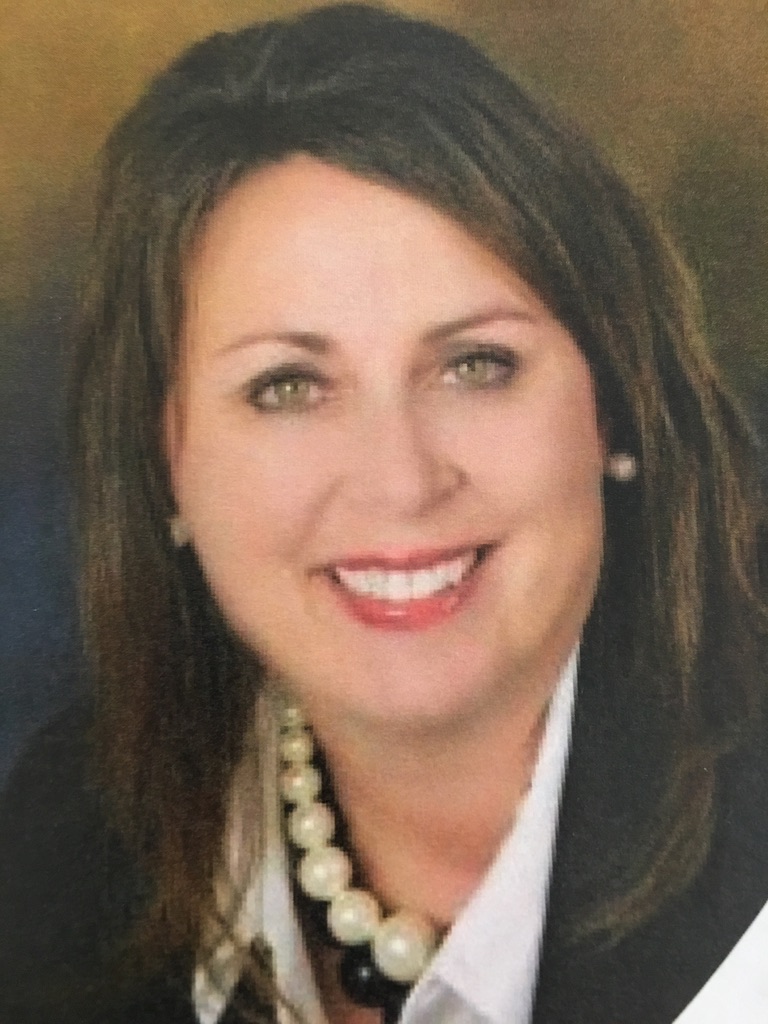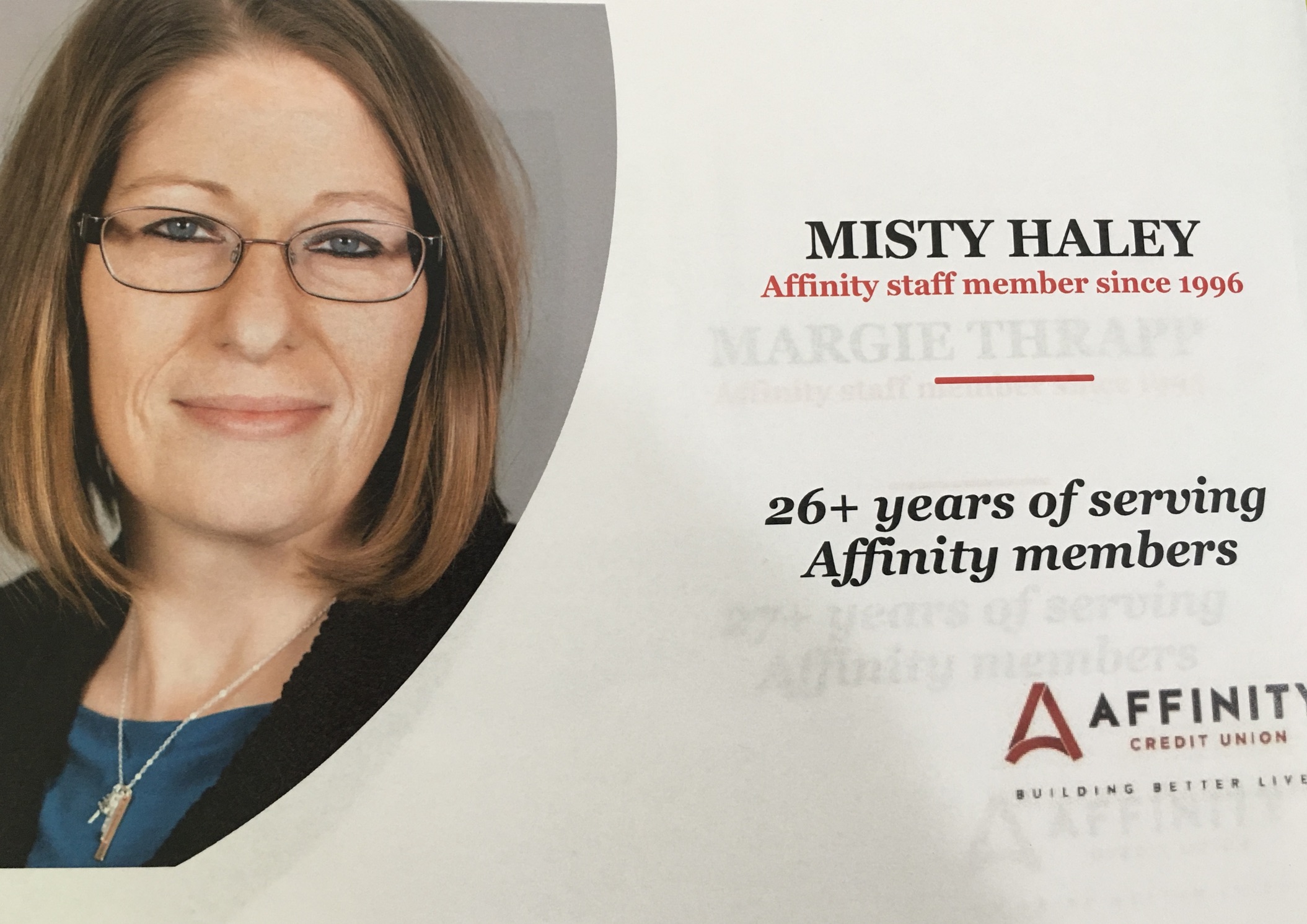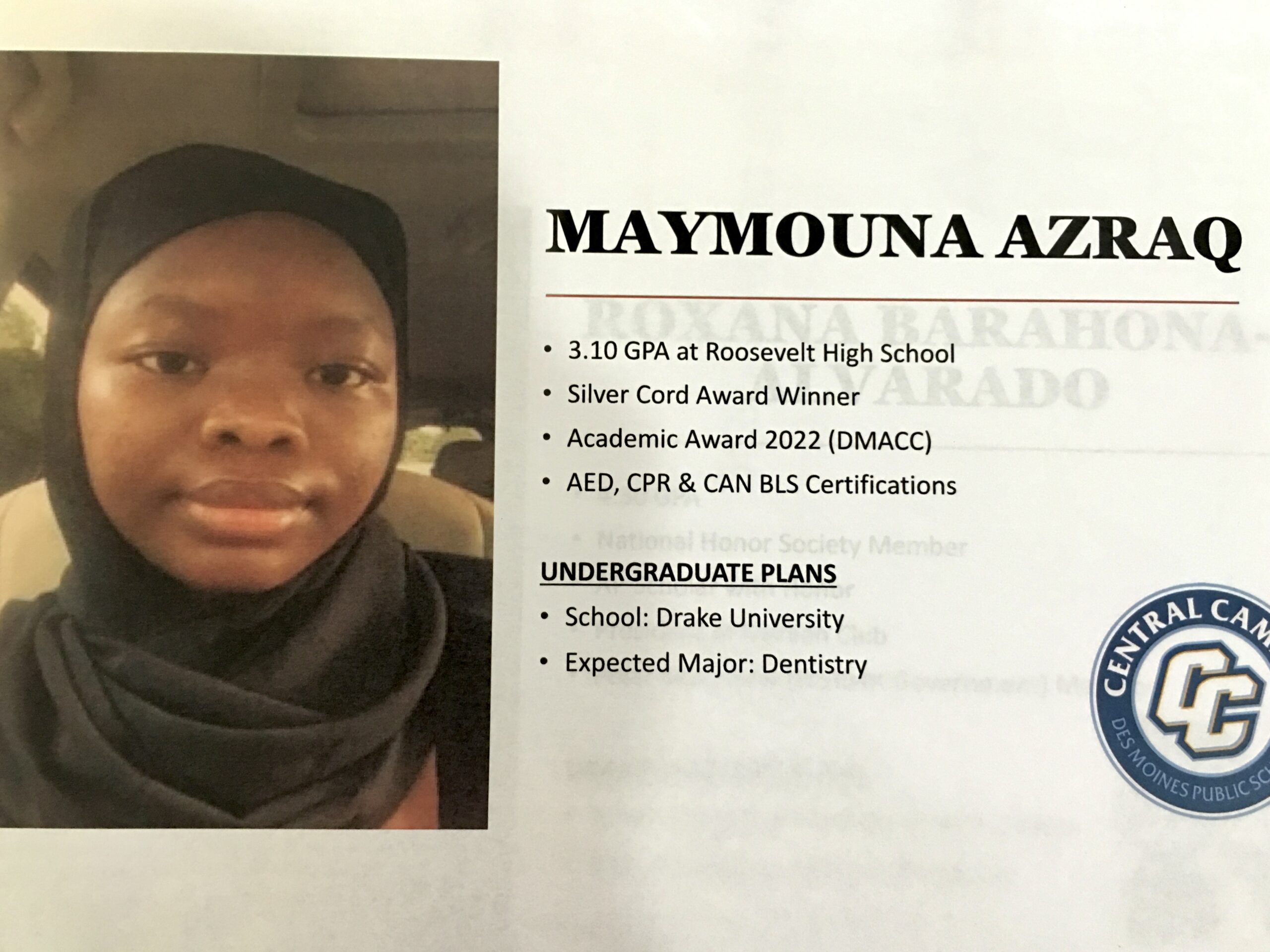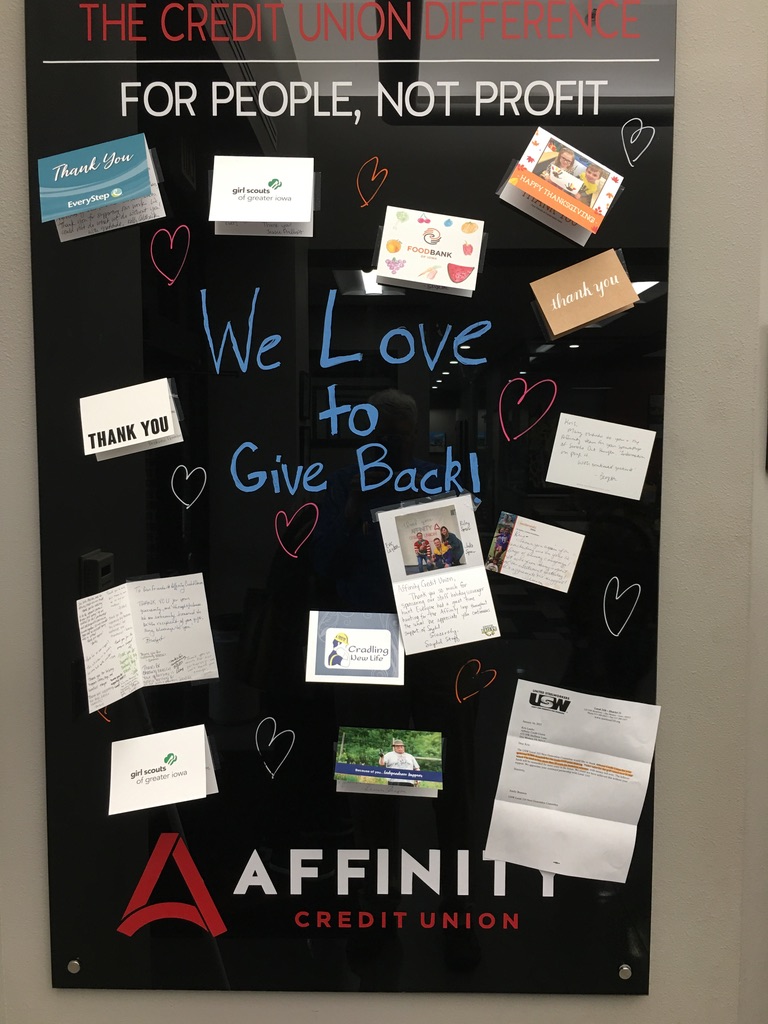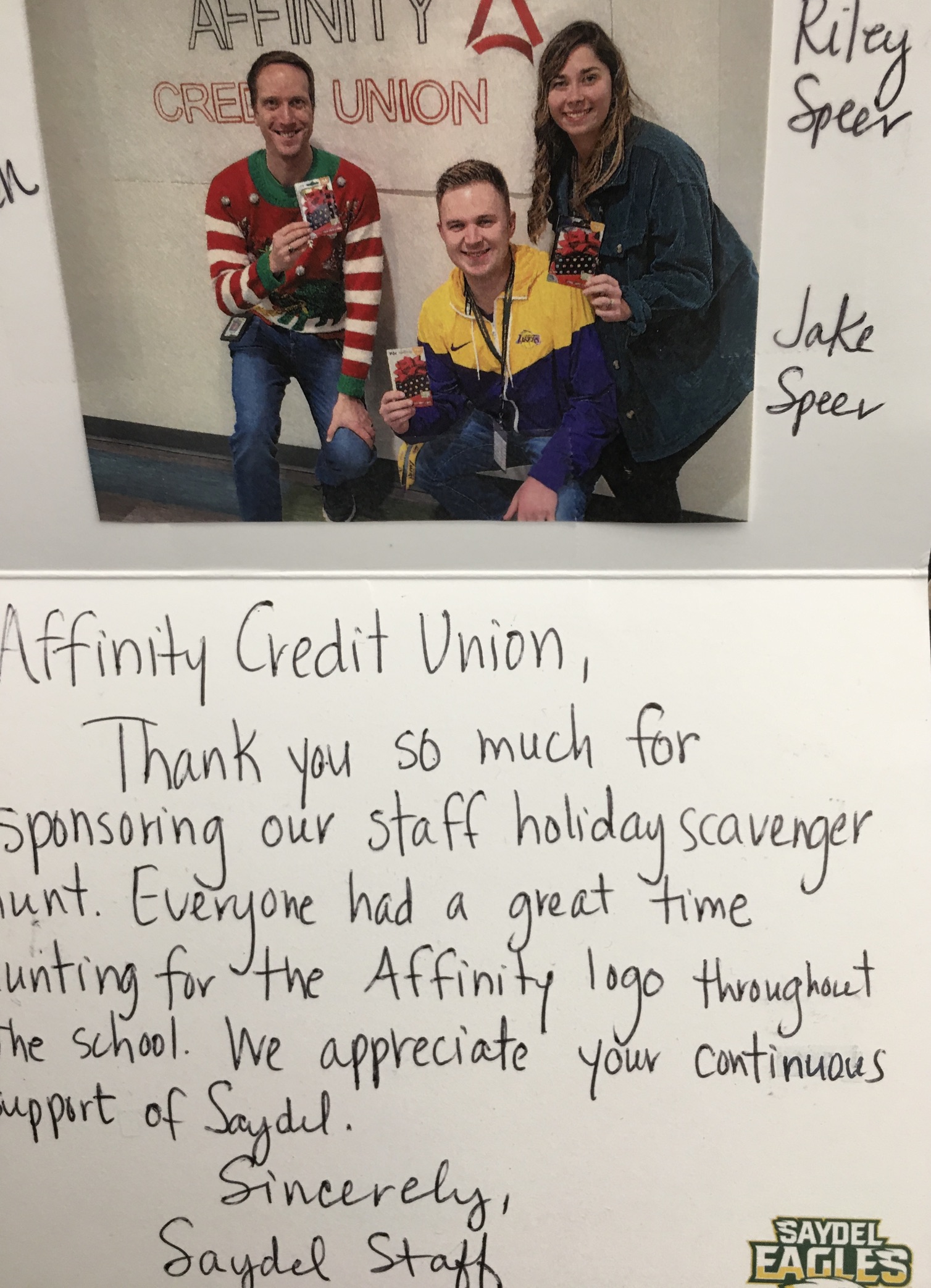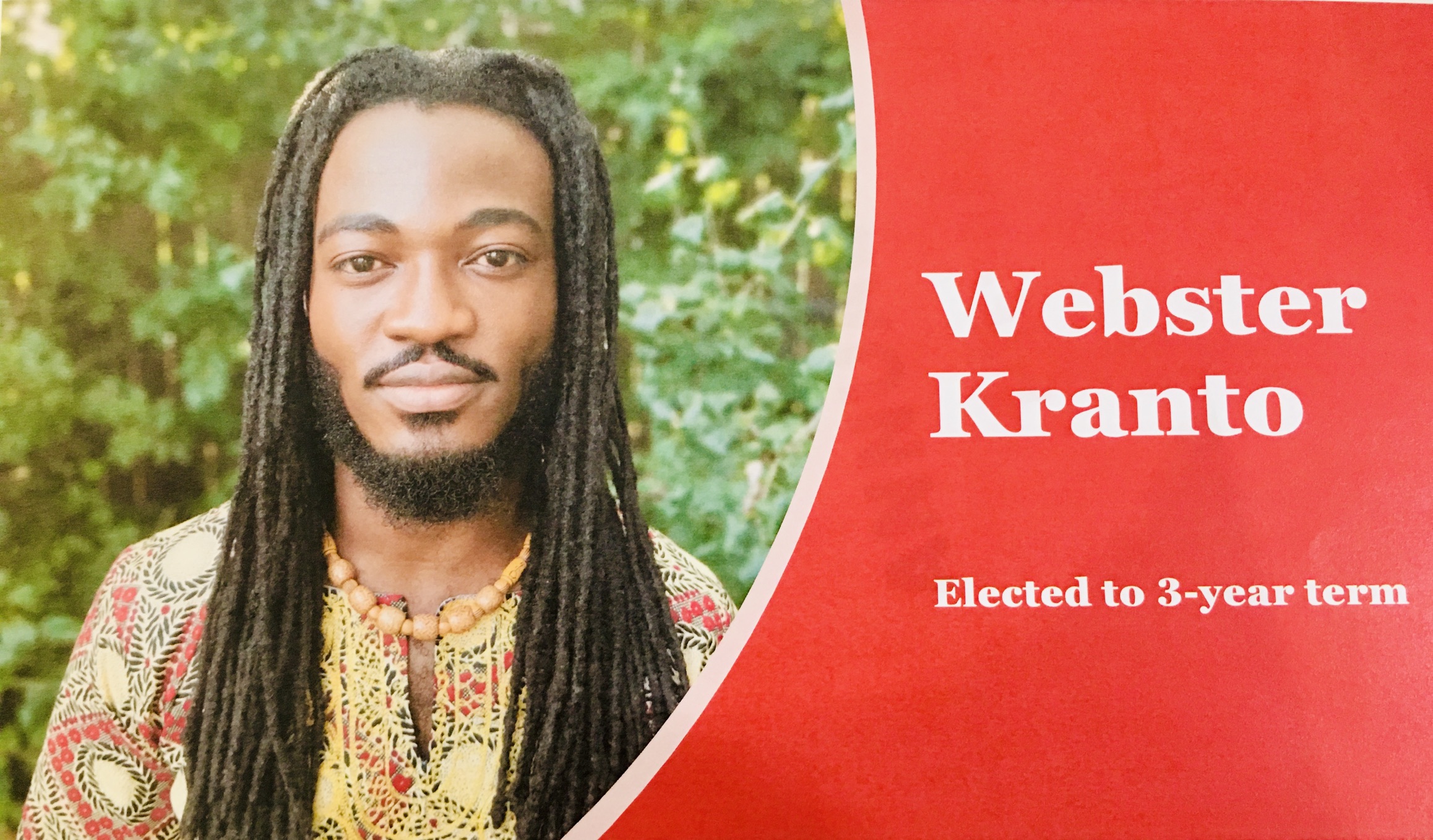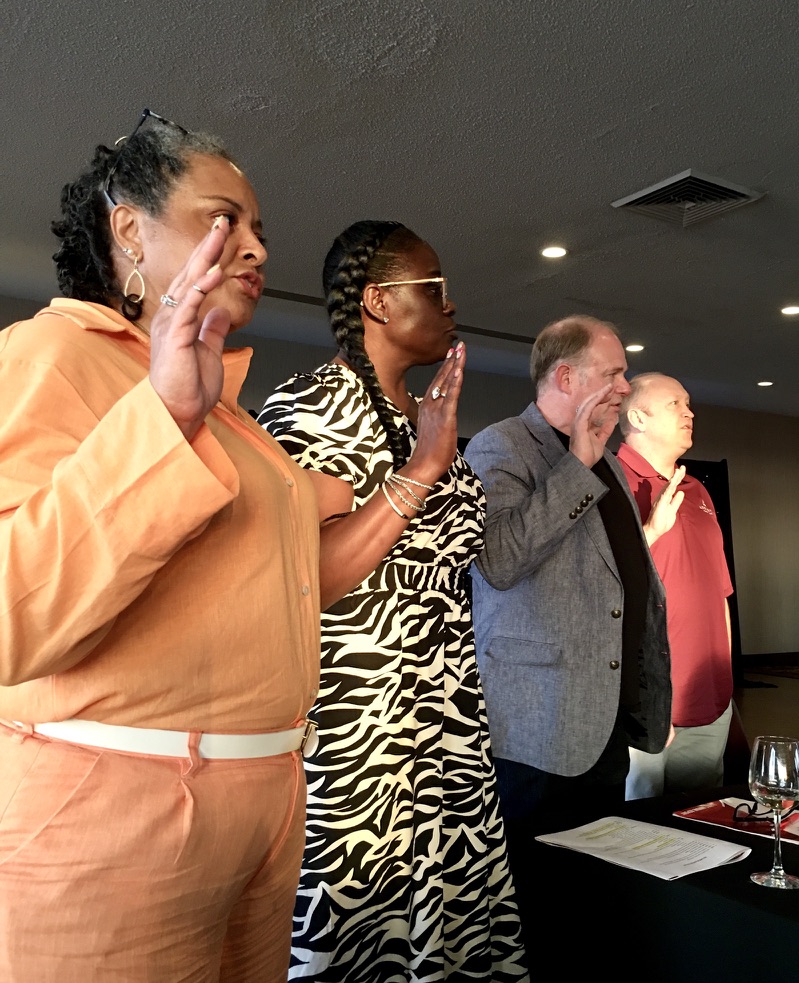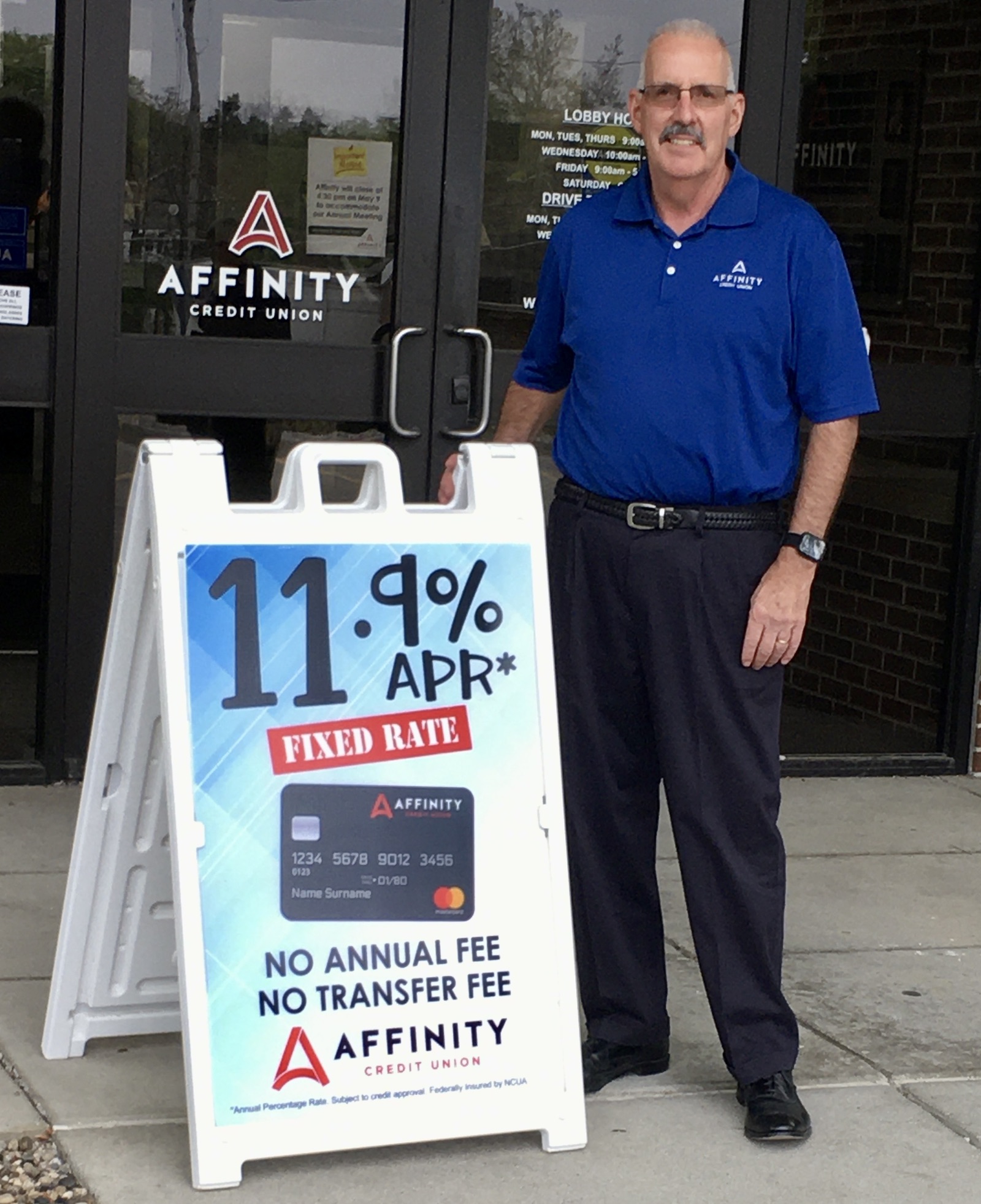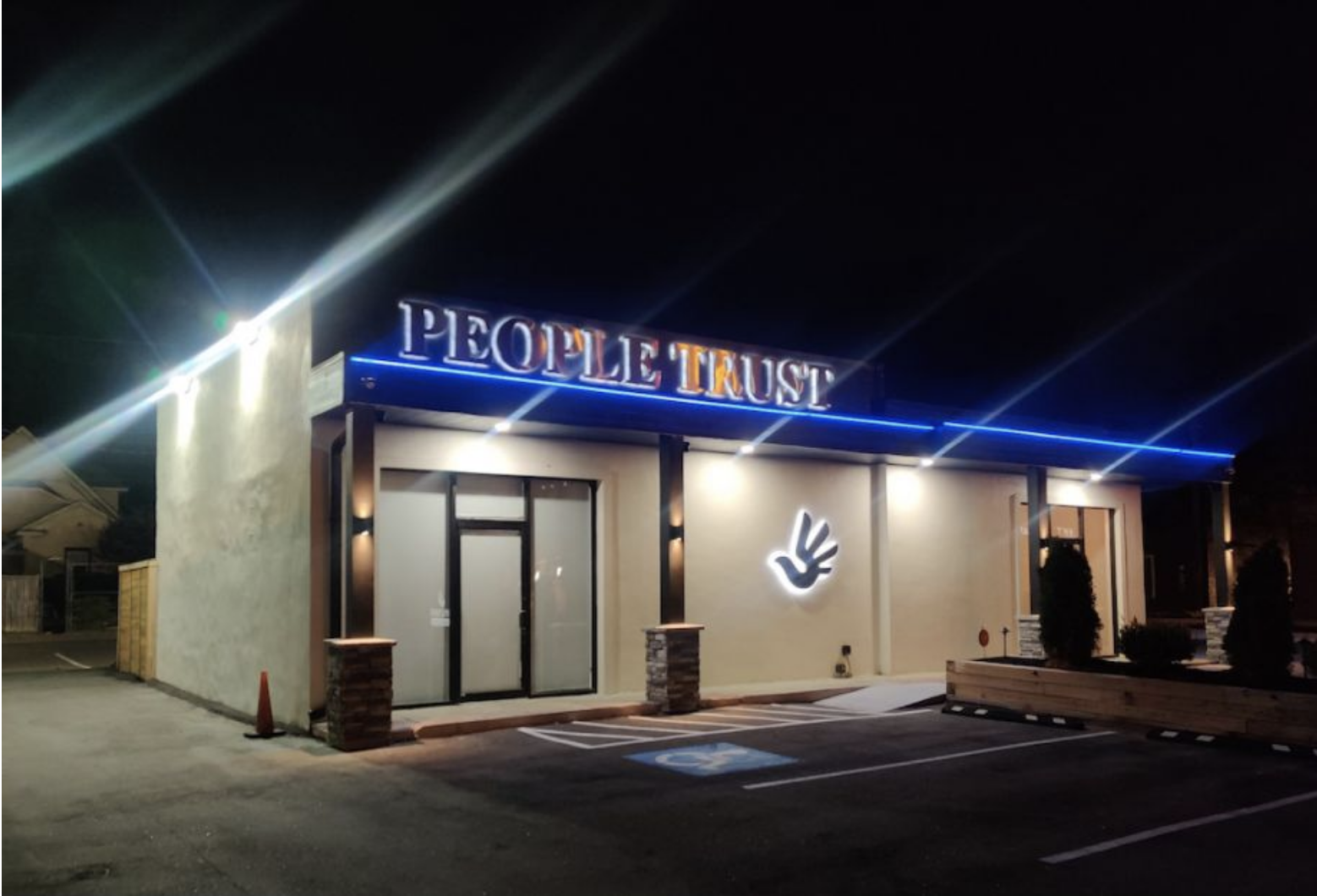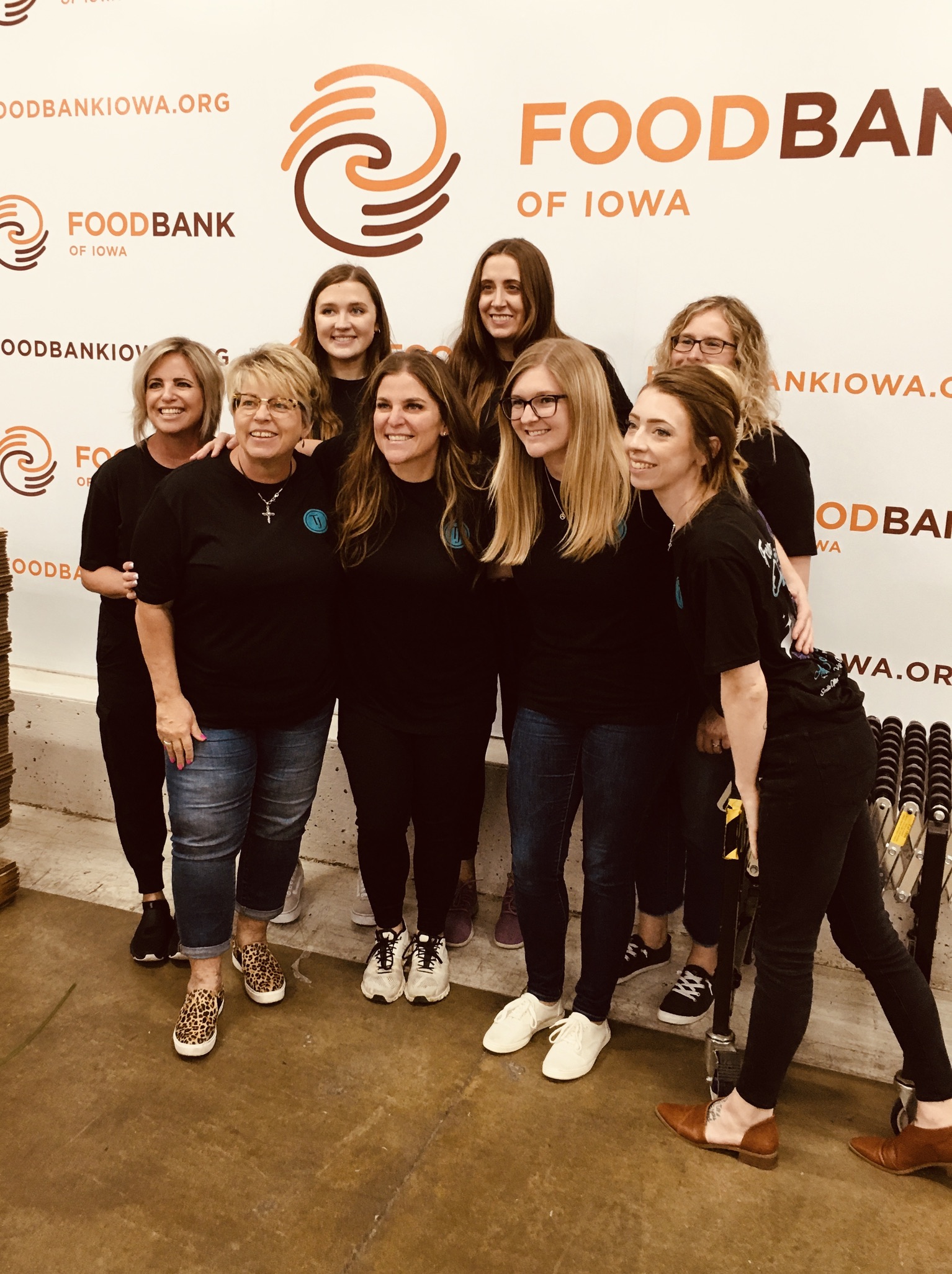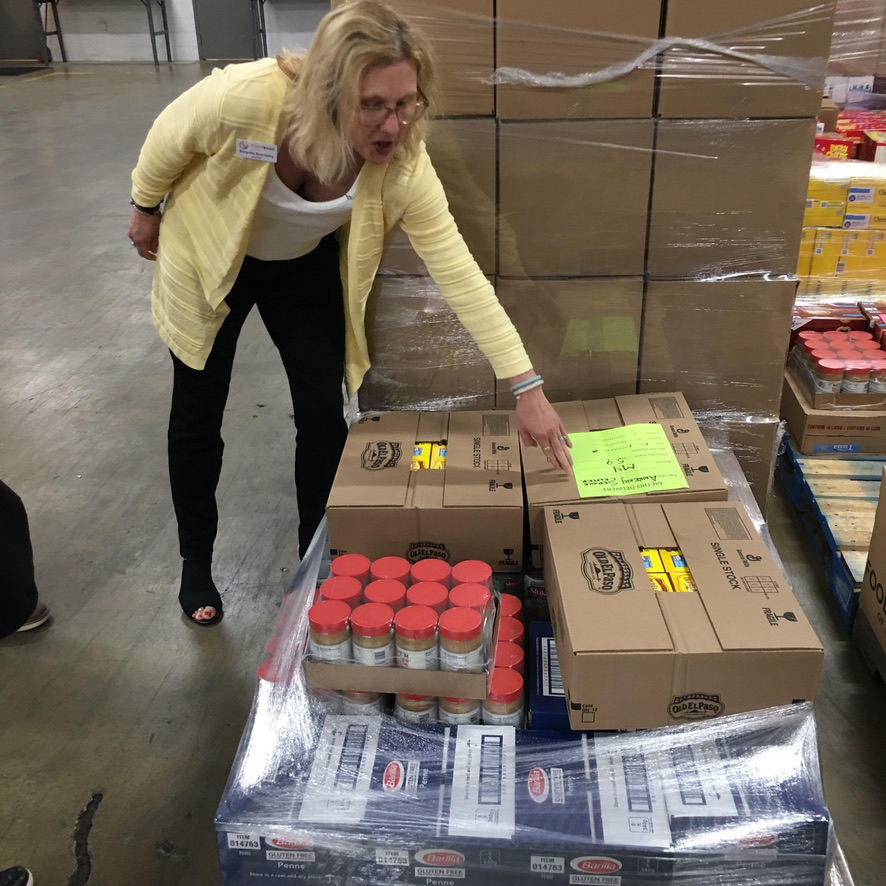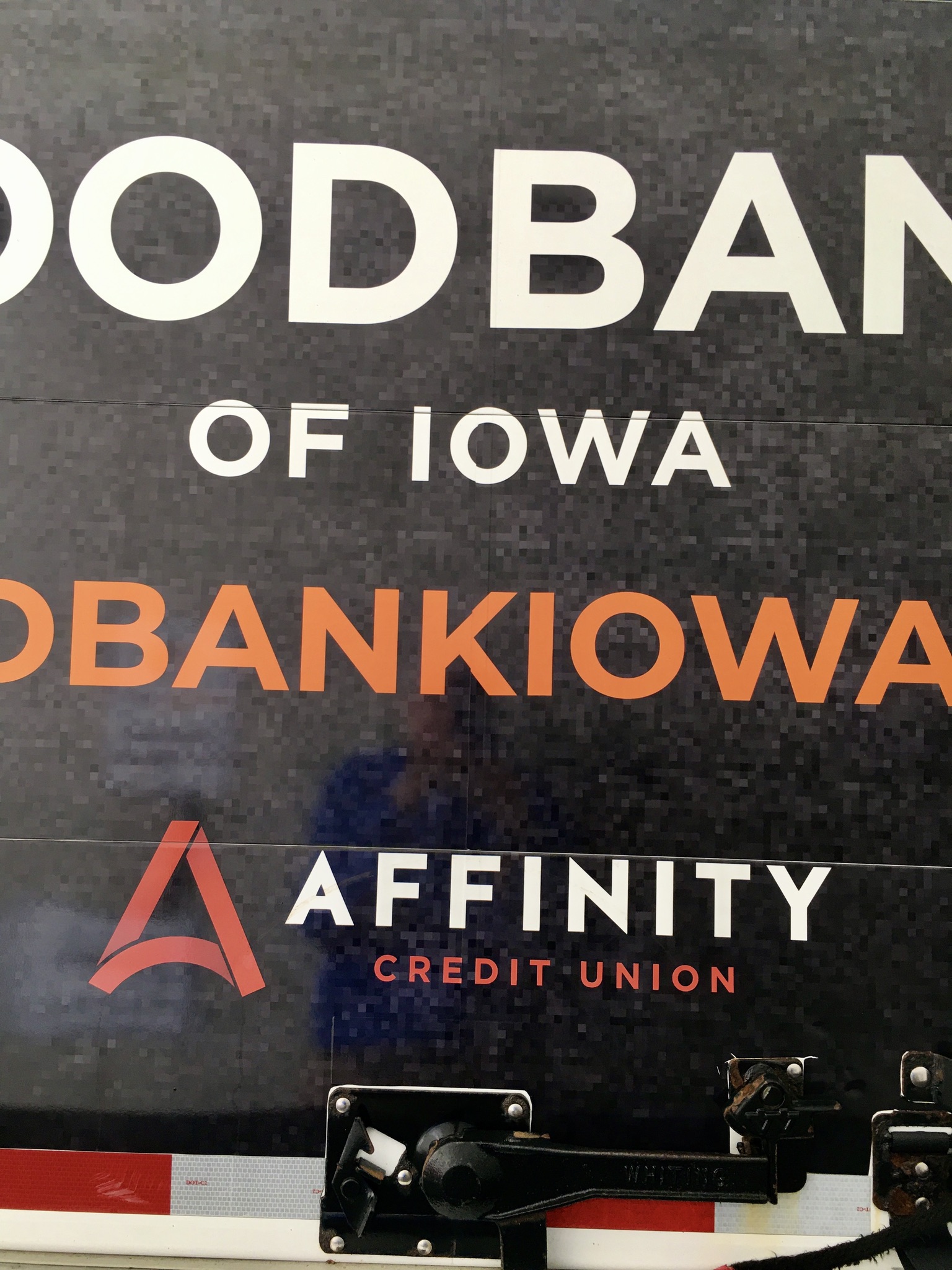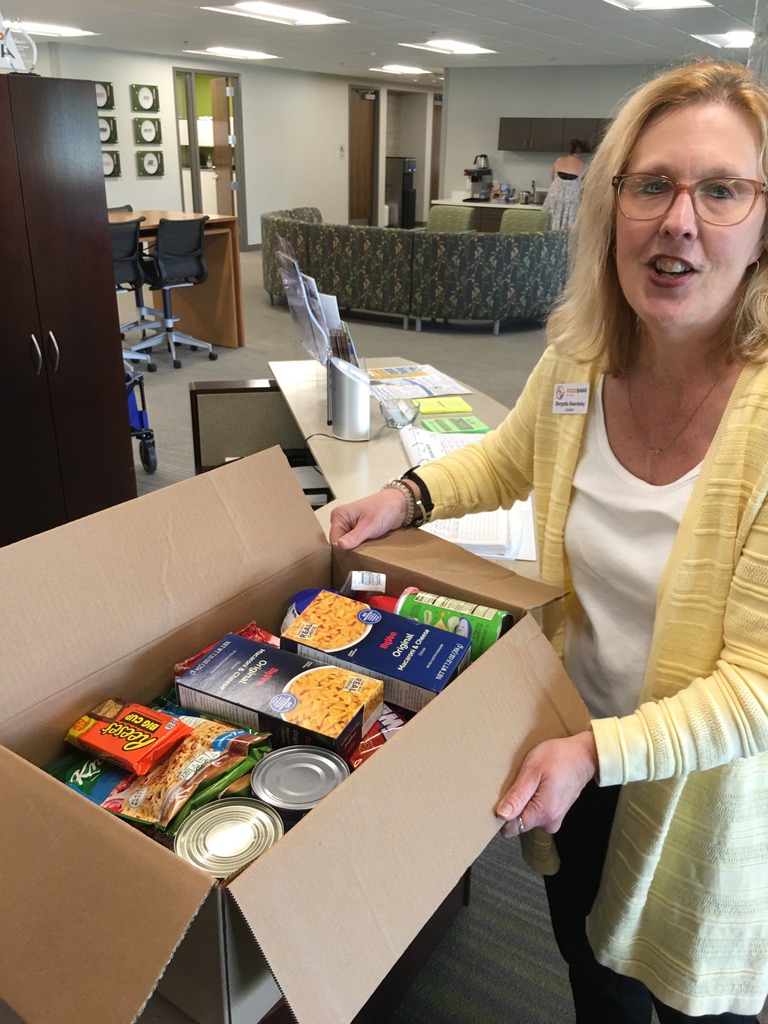This past week Joan and I shared varied experiences tied together by our new National Holiday, just two years old.
The events were not coordinated. Rather they showed some of the many gifts of black Americans in our country’s ever evolving quest for democratic freedom.
A New Cantata
On Tuesday we participated in a summer sing of Adolphus Hailstork’s cantata I Will Lift Up Mine Eyes. The third movement is based on the 23rd psalm.
A New Book
We attended a Thursday evening interview at the National Cathedral of author Jonathan Eig’s book King: A Life.
The author believes that we have made King’s basic message too sanguine. A gentle, romanticized vision of “I have dream.” Rather King sought a restructuring of America’s political and economic system.
He described King’s insights: we can’t do everything, but we can all do something. . .we don’t have to be perfect to make a difference. . . Progress will create a backlash . . . America does not have a deficit of resources, but of imagination. .. human progress is not inevitable; it requires the discipline of hope over cynicism. . .
Eig believes we have hallowed King and thus hollowed his message of the fundamental change he sought. To rediscover his vision we must read his words, especially the last sermon he preached before his death: Remaining Awake Through a Great Revolution.
The failure to achieve his goals in his lifetime, does not diminish King’s heroism in America’s long line of citizens fighting for human freedom.
The Legacy of Birmingham
A CSPAN recorded talk by Paul Kix reading from his book: You have to Be Prepared to Die before You Can Begin to Live: Ten weeks in Birmingham, That Changed America. It is a detailed account of the SCLC’s Project Confrontation. He provides a five point summary of this incredible story of the courage required to break, once and for all, the city’s segregation in 1963. The story is both frightening in its cruelty and uplifting in the young people’s commitment to make historical change
Excerpts: Birmingham, in those days, wasn’t so much a city as a site of domestic terror. The Klan castrated Black men. The cops raped Black women. The city’s public safety commissioner, Bull Connor, gleefully and often publicly referred to Birmingham as Bombimgham, for all the Black businesses and residences that were dynamited. CBS’s Edward R Murrow reported from Birmingham prior to King’s arrival and told his producer he hadn’t seen anything like this place since Nazi Germany. . .
In early May 1963, Bevel (SCLC’s operations head) led a campaign within the Birmingham Campaign which he called, D-Day. It was thousands of children skipping school on May 2nd and 3rd and descending on Kelly Ingram Park, across from the 16th Street Baptist Church. The objective was to get to the white-owned and white-run downtown and stage massive protests for civil rights there.
But on May 2nd and 3rd, Bull Connor and the Birmingham Police Department stood with guns and German Shepherds and fire-hoses that could tear mortar from bricks or dislodge bark from trees at a distance of 100 feet. Bevel had children march right into those guns and dogs and firehoses anyway.
The result was savage, apocalyptic, the worst thing war photographers present that day had ever seen. Children were mauled by dogs, as if the dogs were feasting on them. Children backflipped in the air from the firehoses, their clothes just disintegrating on their bodies, their hair scalped as the firehoses hissed across their skulls.
The children knew this might happen. Bevel had prepared them for it. And because they had known they would likely suffer, they did not turn their suffering into victimhood. They did not stop marching. By the dozens and then hundreds and ultimately thousands the children continued to march in early May.
A Play of America’s Conflicting Ideals
The play is August Wilson’s, Radio Golf. The two protagonists are both successful black leaders. One is running for mayor of Pittsburg and the other, his partner in a redevelopment in which the goal is to revitalize a worn down section of the city. And in doing so lift himself up to a spectacular level of financial success.
Both men have a vision for their community and lives. The drama comes is the conflict of these competing views. This is a story of every American trying to balance economic success and social equity in their lives.
A Sunday Sermon
Senator Raphael Warnock’s sermon at the National Cathedral drew upon the familiar words from Isiah Chapter 40.4 we all know from Handel’s Messiah:
Every valley shall be exalted, and every mountain and hill shall be made low: and the crooked shall be made straight, and the rough places plain.
He used this familiar promise to describe what he called the moral topography for America.
Equity—the leveling of the hills and valleys to have the same playing field for all. Equity built on integrity- the crooked shall be made straight. Warnock said: We cannot have a criminal justice system with the rich and guilty alongside the poor and innocent.
Democracy is the necessary check and balance on the human capacity for injustice. His vision is one where we will be a country where “all people shall see it together.”
The meaning of this June Day is that freedom is a blessing for all. . . no matter a person’s faith, gender, race, economic status, or lived heritage. This gift can happen when all can see it together.
A Sunday Prayer
Lest we get too narrow on the history of emancipation, the prayer of confession reminds that evil corrupts in other forms of personal bondage. (See Radio Golf’s message of conflicting ambitions)
A Prayer for Juneteenth from the National Cathedral:
God of freedom, you have made your faithfulness known from generation to generation. We celebrate Juneteenth which commemorates the announcement in Texas on June 19, 1865, of the end of the Civil War and the abolition of slavery, two and a half years after the Emancipation Proclamation.
Let us reflect on the jubilation that filled the hearts of women and men of African descent as they learned of their deliverance from the bondage of slavery, even as we mourn that the true promise of freedom has yet to be fulfilled. We pray now for all whose lives have been traumatized and remained threatened by the legacy of slavery and institutional racism in our country.
As people of hope, we know that the arc of history is long and that it bends towards justice. Help us to commit to the work and ending racism by building he beloved community where all are judged not the color of their skin but by the content of their character, in Christ’s name.
Amen
An American Spiritual Sung in the Current Quest for Freedom
From the Kiev National symphony and Chorus-Down by the Riverside.

